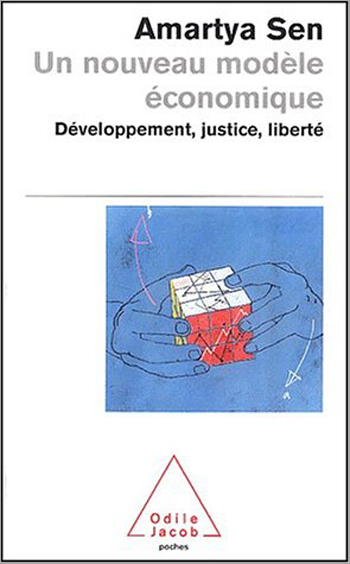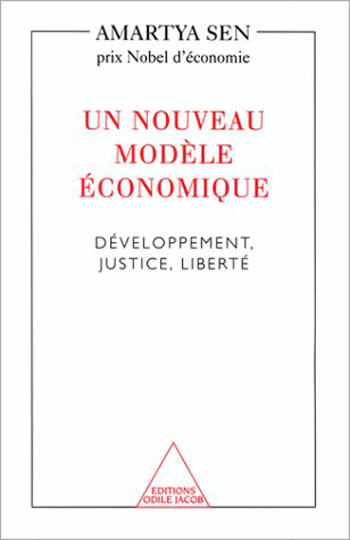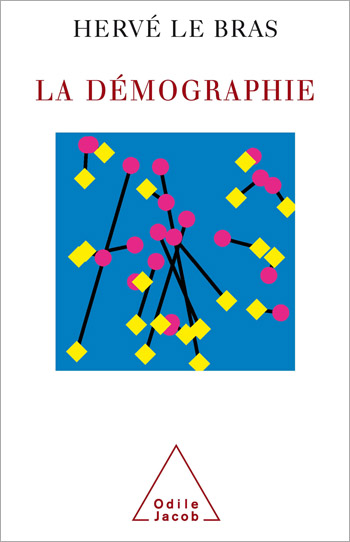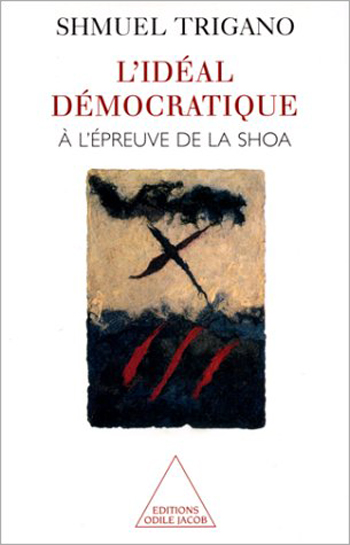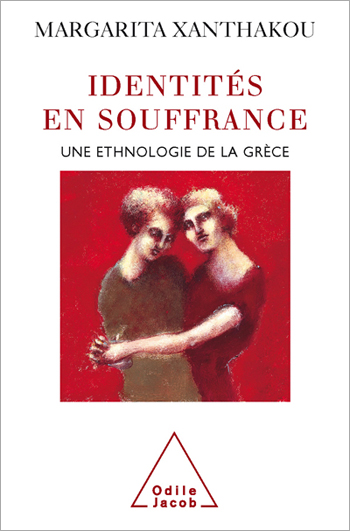Human Sciences All books
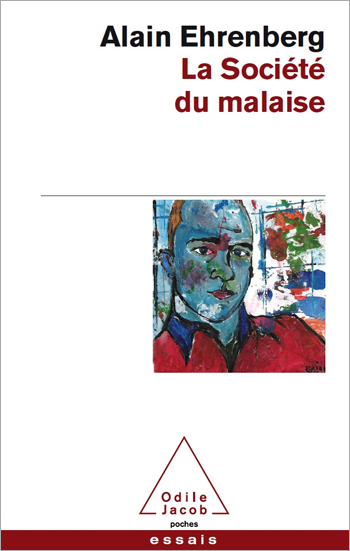
Alain Ehrenberg
The Despondent Society
Will individualism ultimately turn against society and the individual?
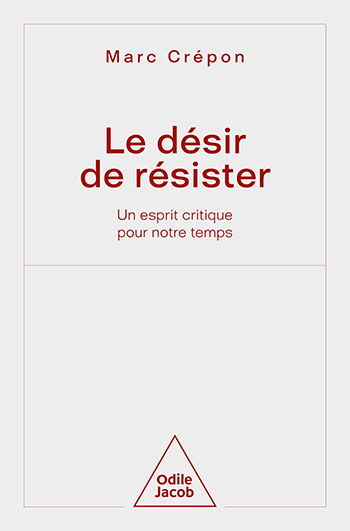
Marc Crépon
The Desire to Resist A Critical Mind for Our Times
The struggle against all forms of authority, a critical mind, and the ability to think for ourselves, are the best weapons against those who want to convince us of our insignificance.
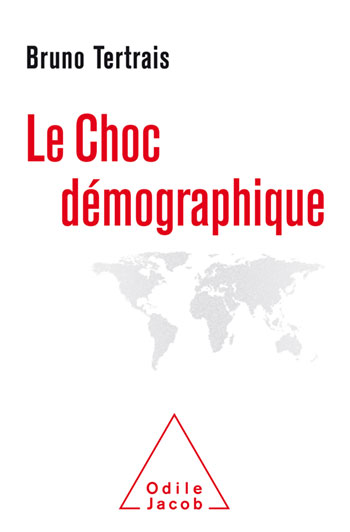
Bruno Tertrais
Demographic Shock Migrations and the Future of Europe
Humanity is setting foot on a demographic terra incognita, with major economic, social, cultural, and political consequences.
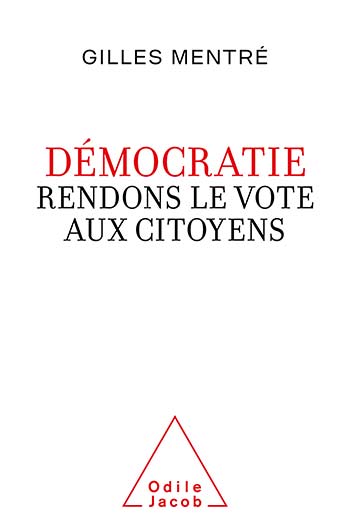
Gilles Mentré
Democracy For a Redistribution of Power
Gilles Mentré is a man whose ambition is as great as his innovative ideas. He has a strong personality, a network, and a strength of conviction that will ensure a strong promotional campaign.
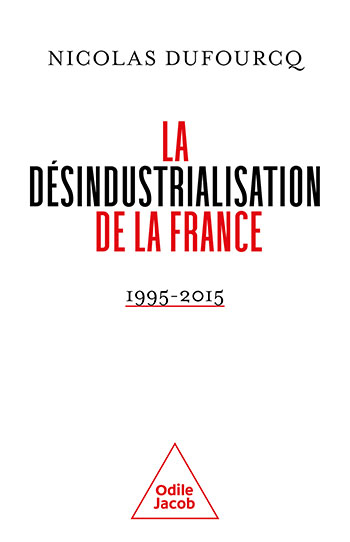
Nicolas Dufourcq
Deindustrialization in France Looking Back on 30 Years
High-profile contributors (including Laurence Boon, Pascal Lamy and Jean-Claude Trichet) provide captivating perspectives (special mention for Alain Madelin!) in a jargon-free style, especially from the entrepreneurs.
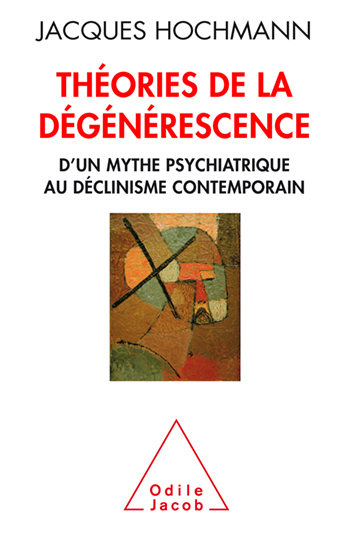
Jacques Hochmann
Degeneration Theories Psychiatry and History
The unbelievable story of a mad psychiatric theory centered on the idea of heredity which was put to the most horrible of uses, while having a lasting effect on mentalities.
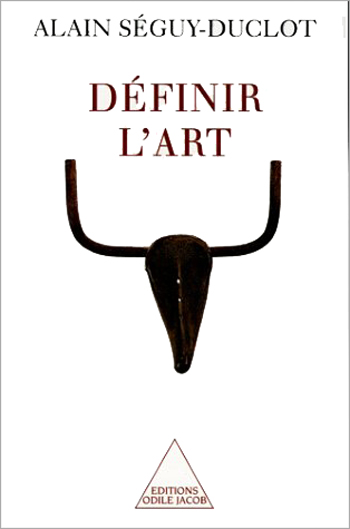
Alain Séguy-Duclot
Defining Art
The general consensus is that art is impossible to define and that the evaluation of works of art is always subjective. Countering these affirmations, Alain Séguy-Duclot shows in this work that art can, in fact, be defined. Duchamp's readymades (industrial objects in series, snow shovels, wine racks, etc) constitute a point of departure for this reflection. He argues that, rather than showing that art was undefinable, the readymades proved that art was definable. It is this that Séguy-Duclot sets out to prove in this incisive and passionate work. Alain Séguy-Duclot is a philosopher, and a professor at the University of Tours.
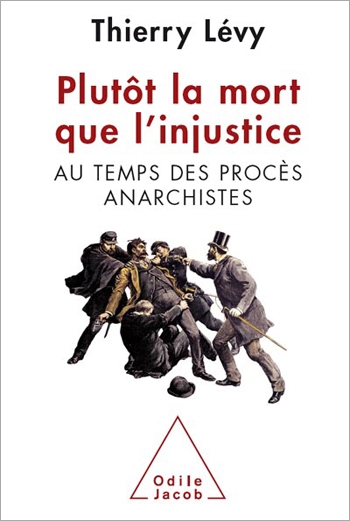
Thierry Lévy
Death Before Injustice The Era of Anarchist Trials
On 8 November 1892, a bomb went off in the staircase of a Paris police station. There was little doubt it had been the act of an anarchist...
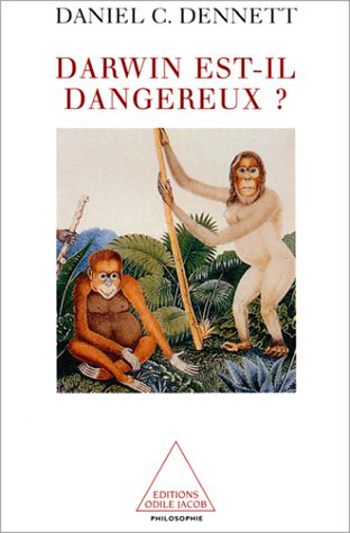
Daniel C. Dennett
Darwin's Dangerous Idea: Evolution and the Meanings of Life
In this book, he confronts this approach with the ideas of Charles Darwin and Darwinism, and addresses the question of evolution. What are the implications of the theory of evolution by natural selection? Why is evolution such a disturbing idea, not only for religious believers but also for philosophers and even for some biologists? How does it affect the concept of mind? In the midst of the current neo-Darwinian wave, this book offers a timely dialogue between the ideas of an important contemporary philosopher and those of the greatest nineteenth-century biologist. Daniel C. Dennett teaches cognitive sciences at Tufts University.
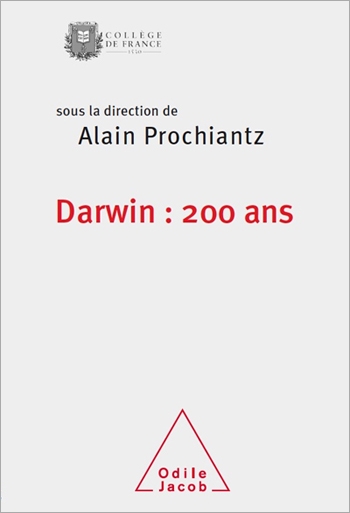
Alain Prochiantz
Darwin: 200 Years
More than an homage to a great scientist, this book, written by eminent specialists, is a perfect introduction to understanding the impact of Darwinism on contemporary thinking and science
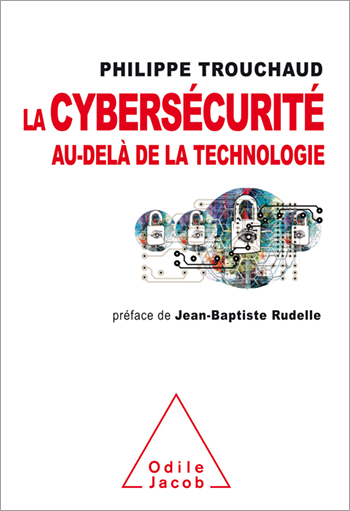
Philippe Trouchaud
The Cybersecurity beyond technology
The protection of personal data has become a major issue for businesses

